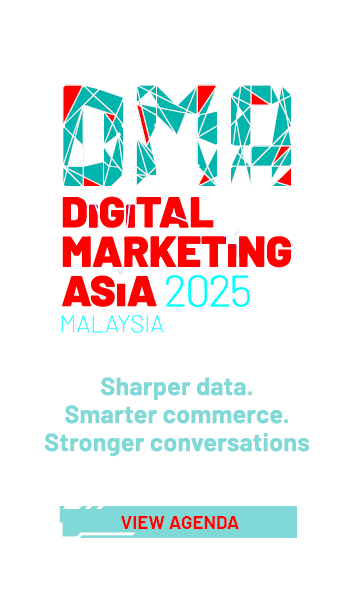



What SG and Australia consumers want from sustainability comms
share on
Sustainability messaging is evolving fast and marketers in Singapore and Australia must pay close attention to what consumers actually want beyond vague promises and empty buzzwords. A new report by Burson, powered by AI tools Know Your Opportunity and Decipher, revealed that consumers in Singapore and Australia share a strong demand for clarity, proof, and purposeful sustainability messaging.
Both markets expect brands to back up their claims with transparent, credible evidence and authentic commitment. One clear theme across both Singapore and Australia is the demand for clarity, proof, and purpose. Consumers are no longer satisfied with ambition or broad declarations alone. Rather, they want clear and credible evidence of real progress, the report said.
Don't miss: 'Companies need to ensure sustainable AI is more than just a bullet point.' What steps are needed?
Sustainability communications must also be transparent, rooted in the local context, and authentically embedded in brand purpose. Generic terms such as “net zero” and “innovation for good” are increasingly seen as hollow or performative, which only fuels scepticism rather than support. Instead, narratives that combine measurable impact, moral clarity, and emotional resonance are the ones that win consumer attention and trust.
According to the report, brands that succeed will be those that go beyond reactive compliance and superficial greenwashing. This includes brands that lead with data-driven storytelling, operational accountability, and meaningful proof points that reflect the unique expectations of their market.
Singapore: Pragmatic precision and policy-driven trust
In Singapore, sustainability discussions are shaped by its role as a global trade and innovation hub, its limited natural resources, and a strong policy-driven climate agenda. Conversations in this market tend to be structured, focused on solutions, and led by institutional leadership rather than grassroots activism.
Consumers are discerning and often fatigued by generic claims. They seek precision, transparency, and alignment with national goals such as the Singapore Green Plan 2030.
Marketers should prioritise sector-specific messaging that resonates better than vague slogans, for example highlighting the future of energy or technology for sustainability. In addition, demonstrating measurable progress and operational ownership is more effective than simply telling inspiring stories.
Leveraging third-party validation and transparent reporting can help build trust in this sceptical market while simplifying complex topics such as energy transitions will increase relevance and engagement too.
The energy sector, despite being strategically important, remains under-communicated, creating a clear opportunity for brands to translate complex policy into relatable stories.
Australia: Urgent accountability and transparent action
In Australia, consumers have moved beyond ambition to expect visible action and clear accountability. The shift to renewables is now considered a baseline expectation and no longer a point of differentiation. Australians respond most strongly to emotionally grounded narratives such as climate anxiety or green recovery, especially when these are linked to tangible economic outcomes like job creation and community benefits.
However, the Australian market is highly vigilant about greenwashing. The term itself has become one of the most viral and credible messages, reflecting a public that rewards brands that lead with honesty, specificity, and radical transparency. Sustainability communications in Australia must also navigate a politically charged environment, with the energy sector often acting as a lightning rod for ideological conflict and intense scrutiny.
Marketers working in Australia should focus on openly acknowledging trade-offs and providing clear transition plans to rebuild trust, the report said.
Furthermore, sector-specific storytelling is key, particularly in food and agriculture, which enjoy higher levels of trust when brands highlight local sourcing and regenerative practices. Above all, brands must show rather than just say how they contribute to sustainability, striking a balance between urgency and agency, emotion and evidence, values and verifiable action.
Related articles:
EU bans misleading sustainability claims to curb greenwashing: Can Asia follow suit?
Survey: 70% of APAC online shoppers prioritise sustainability in their purchases
Study: 55% of APAC consumers will spend more on sustainable hotels
share on
Free newsletter
Get the daily lowdown on Asia's top marketing stories.
We break down the big and messy topics of the day so you're updated on the most important developments in Asia's marketing development – for free.
subscribe now open in new window
